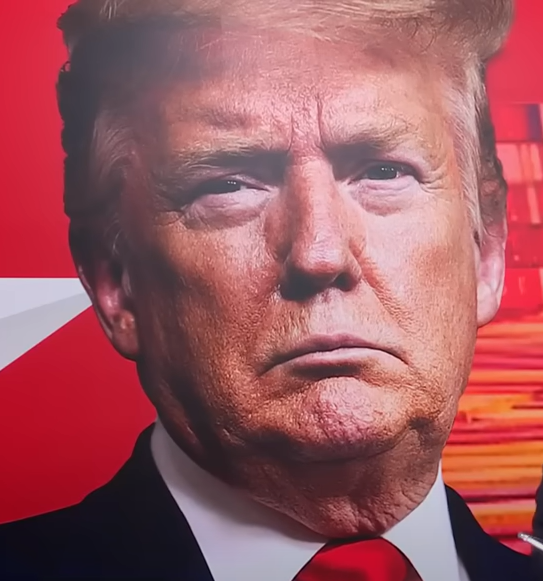President Donald Trump has long championed an “America First” agenda, often using bold measures to assert U.S. interests on the global stage. His latest move—imposing steep tariffs on Canadian imports—is designed to address the national emergency posed by the flow of fentanyl and illegal immigration. While the intention is commendable, the execution, particularly regarding Canada, raises serious concerns.
The Impact on Small Businesses
The newly implemented tariffs include a 25% duty on most Canadian goods, with a 10% carve-out for energy products. These tariffs are not just numbers on a spreadsheet; they represent real costs that will ripple through the economy, hitting small businesses the hardest.
Many small businesses don’t possess the ability to vertically integrate the production of raw materials they import from Canada, and often, there are no viable domestic alternatives. This dependency makes them particularly vulnerable to cost increases. Operating on thin margins without the financial cushion that large corporations enjoy, small businesses face stark choices when tariffs drive up the prices of essential goods. They may be forced to raise prices, reduce their workforce, or, in the most dire situations, shut down entirely. This economic pressure could also lead to consolidation within industries, as struggling small businesses are absorbed by larger corporations. Such consolidation not only threatens American jobs but also reduces market competition, ultimately leading to higher prices for consumers and less diversity in the marketplace.
The Ripple Effect on Key Industries
Food and Agriculture
Canada supplies a significant share of key food categories to the U.S., including grains, livestock, meats, poultry, and more. Price hikes on these essentials will directly affect grocery stores, restaurants, and food service businesses. The cost of imported Canadian goods like maple syrup, dairy products, and packaged foods will climb, impacting local businesses reliant on these imports.
Energy
A 10% tariff on Canadian oil and gas could lead to increased fuel costs, particularly in the Midwest. Higher fuel prices mean higher transportation costs, which will trickle down to every product that relies on shipping—which is virtually everything.
Interestingly, if you remove oil from the trade data, the United States actually has a trade surplus with Canada. This fact highlights the deeply integrated economic relationship between the two countries and raises questions about the necessity and potential impact of these tariffs.
Automotive Sector
The auto industry, which imports billions of dollars’ worth of vehicles and parts from Canada, will face significant cost increases. This will affect not just car manufacturers but also small auto repair shops and dealerships across the country.
Construction and Housing
Tariffs on Canadian lumber will drive up the cost of home construction and renovations. This comes at a time when the U.S. is already grappling with a housing affordability crisis. Small contractors and construction firms will bear the brunt of these increased costs.
A Better Path Forward
President Trump’s goal of securing the border and addressing the fentanyl crisis is valid and necessary. However, using tariffs against Canada as a blunt instrument to achieve these objectives is a miscalculation. Canada is not the source of our border security issues, and penalizing our northern neighbor could damage one of our strongest and most reliable trade relationships.
Alternative strategies could have been more effective without the collateral damage:
- Targeted Sanctions: Instead of broad tariffs, the administration could have implemented targeted sanctions against specific entities involved in drug trafficking and human smuggling.
- Bilateral Agreements: Strengthening diplomatic ties and renegotiating border security agreements with Canada could have yielded more sustainable results.
- Enhanced Border Technology: Investing in advanced border security technology and infrastructure would address the root cause without disrupting trade.
Final Thoughts
As a staunch conservative and a strong supporter of President Trump, it’s essential to recognize when a policy, however well-intentioned, misses the mark. These Canadian tariffs risk undermining the very economic strength that has been a hallmark of Trump’s presidency. Small businesses are the backbone of America, and policies that jeopardize their stability ultimately weaken the nation.
But what do you think? Are these tariffs a necessary tough stance, or could there have been a better way to achieve border security without hurting our economic ties with Canada? I’d love to hear your thoughts.
WE’D LOVE TO HEAR YOUR THOUGHTS! PLEASE COMMENT BELOW.
JIMMY
Find more articles like this at steadfastandloyal.com.
h/t: Steadfast and Loyal


Leave a Comment